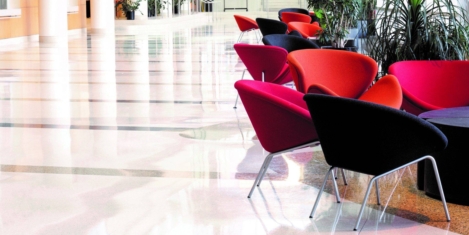November 30, 2016
Germany slides down rankings as one of world’s top employment talent hotspots 0
 Germany has slipped down the rankings as one of the world’s top employment talent hotspots, with other established economic powers such as the UK and France playing only minor roles in sustaining Europe’s pre-eminence. According to the World Talent Report by IMD Switzerland, Denmark, Belgium, Sweden and the Netherlands occupy the top five places in the rankings – the first two retaining their standings from last year. Finland, Norway, Austria, Luxembourg and Hong Kong complete the top 10, with Germany 11th, Iceland 16th, Ireland 18th, the UK 20th and France down in 28th. The objective of the World Talent Report is to assess how countries sustain the talent pool necessary for businesses to maximize their performances. Austria was one of the biggest movers over the past 12 months, climbing 11 places to break into the top 10, while Belgium rose by six positions to take third spot. By contrast, Germany slipped out of the elite, dropping from 7th to 11th, after being impacted especially heavily by the economic crisis affecting much of Europe.
Germany has slipped down the rankings as one of the world’s top employment talent hotspots, with other established economic powers such as the UK and France playing only minor roles in sustaining Europe’s pre-eminence. According to the World Talent Report by IMD Switzerland, Denmark, Belgium, Sweden and the Netherlands occupy the top five places in the rankings – the first two retaining their standings from last year. Finland, Norway, Austria, Luxembourg and Hong Kong complete the top 10, with Germany 11th, Iceland 16th, Ireland 18th, the UK 20th and France down in 28th. The objective of the World Talent Report is to assess how countries sustain the talent pool necessary for businesses to maximize their performances. Austria was one of the biggest movers over the past 12 months, climbing 11 places to break into the top 10, while Belgium rose by six positions to take third spot. By contrast, Germany slipped out of the elite, dropping from 7th to 11th, after being impacted especially heavily by the economic crisis affecting much of Europe.


































November 28, 2016
Britain is missing a trick by not getting workplace training right 0
by Steve Hill • Comment, Workplace
(more…)